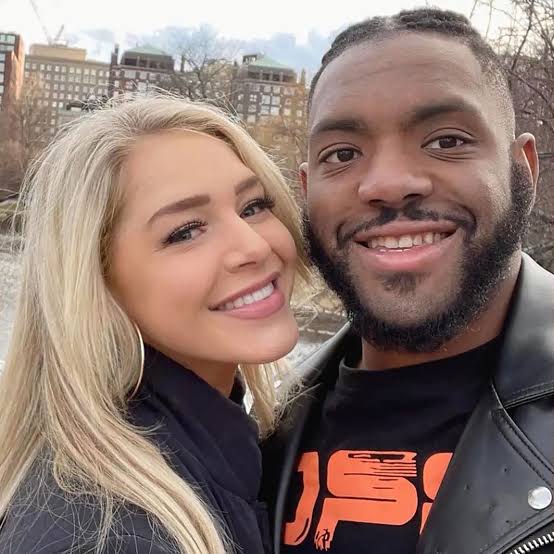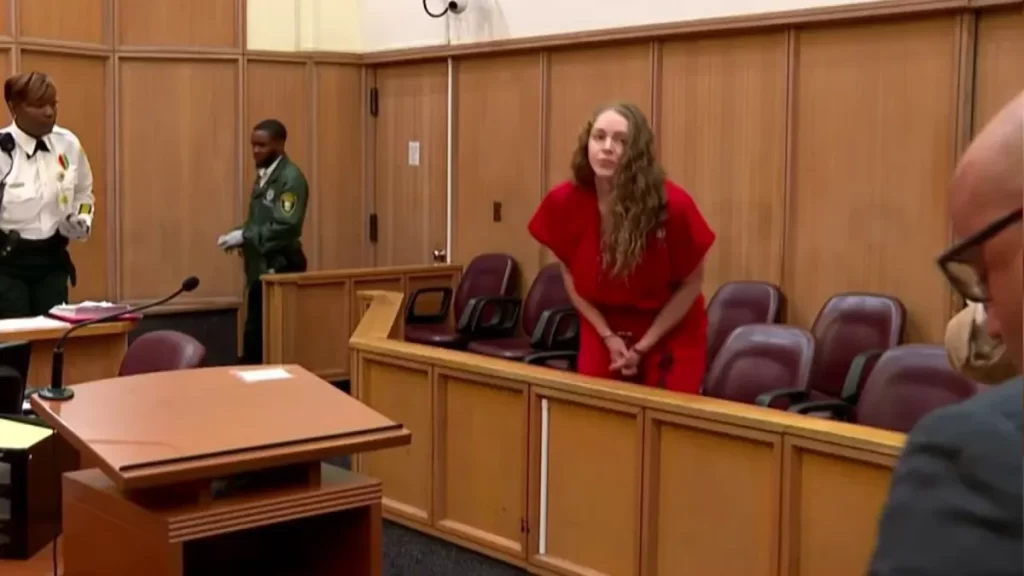In a significant development in the high-profile murder case of OnlyFans model Courtney Clenney, Miami-Dade Judge Laura Cruz has ruled to exclude crucial evidence, citing a violation of attorney-client privilege by prosecutors. This decision could have far-reaching implications for the case against Clenney, who is charged with second-degree murder in the April 2022 fatal stabbing of her boyfriend, Christian Obumseli.

Judge Cruz determined that Miami-Dade prosecutors improperly accessed private family conversations between the Clenneys and their attorneys through Clenney’s father’s iCloud account. These communications, which the judge deemed protected by attorney-client privilege, involved discussions about accessing Obumseli’s laptop after his death.
The ruling not only impacts Courtney Clenney’s murder case but also affects charges against her parents, Kim Dewayne and Deborah Clenney, who were accused along with their daughter of breaking into the victim’s laptop. Defense attorneys argue that the laptop was a shared device, and the parents were authorized to access it.

This decision has led Clenney’s defense team to call for the recusal of the Miami-Dade State Attorney’s Office from the case, requesting Florida Governor Ron DeSantis to assign a new prosecuting office. While the excluded evidence may not directly impact the homicide case, it could lead to the dropping of charges related to the alleged laptop breach.

The case has garnered widespread attention due to Clenney’s status as a social media influencer with over 2 million Instagram followers at the time of Obumseli’s death. Now 28, Clenney remains in custody awaiting trial.

This ruling comes amid growing scrutiny of the Miami-Dade State Attorney’s Office, which has faced multiple complaints of misconduct from defense attorneys. Earlier this year, two prosecutors were removed from a death penalty case due to misconduct, highlighting a pattern of concern in the office’s handling of high-profile cases.
As the legal proceedings continue, this latest development underscores the complex interplay between social media fame, criminal justice, and legal ethics. The case continues to draw attention to issues of privacy, digital evidence, and the challenges of prosecuting cases involving high-profile defendants in the age of social media.
Source: NBC6



